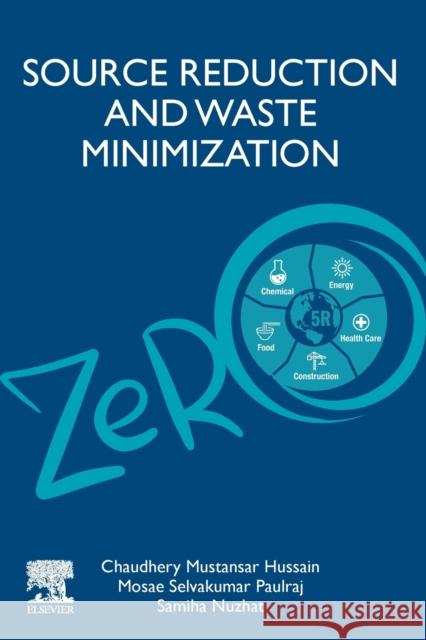Source Reduction and Waste Minimization » książka
topmenu
Source Reduction and Waste Minimization
ISBN-13: 9780128243206 / Angielski / Miękka / 2021 / 198 str.
Kategorie:
Kategorie BISAC:
Wydawca:
Elsevier
Język:
Angielski
ISBN-13:
9780128243206
Rok wydania:
2021
Ilość stron:
198
Waga:
0.27 kg
Wymiary:
22.86 x 15.24 x 1.07
Oprawa:
Miękka
Wolumenów:
01
Dodatkowe informacje:
Bibliografia











